Blog
Digital Health Innovation 4 Transforming Lifestyle
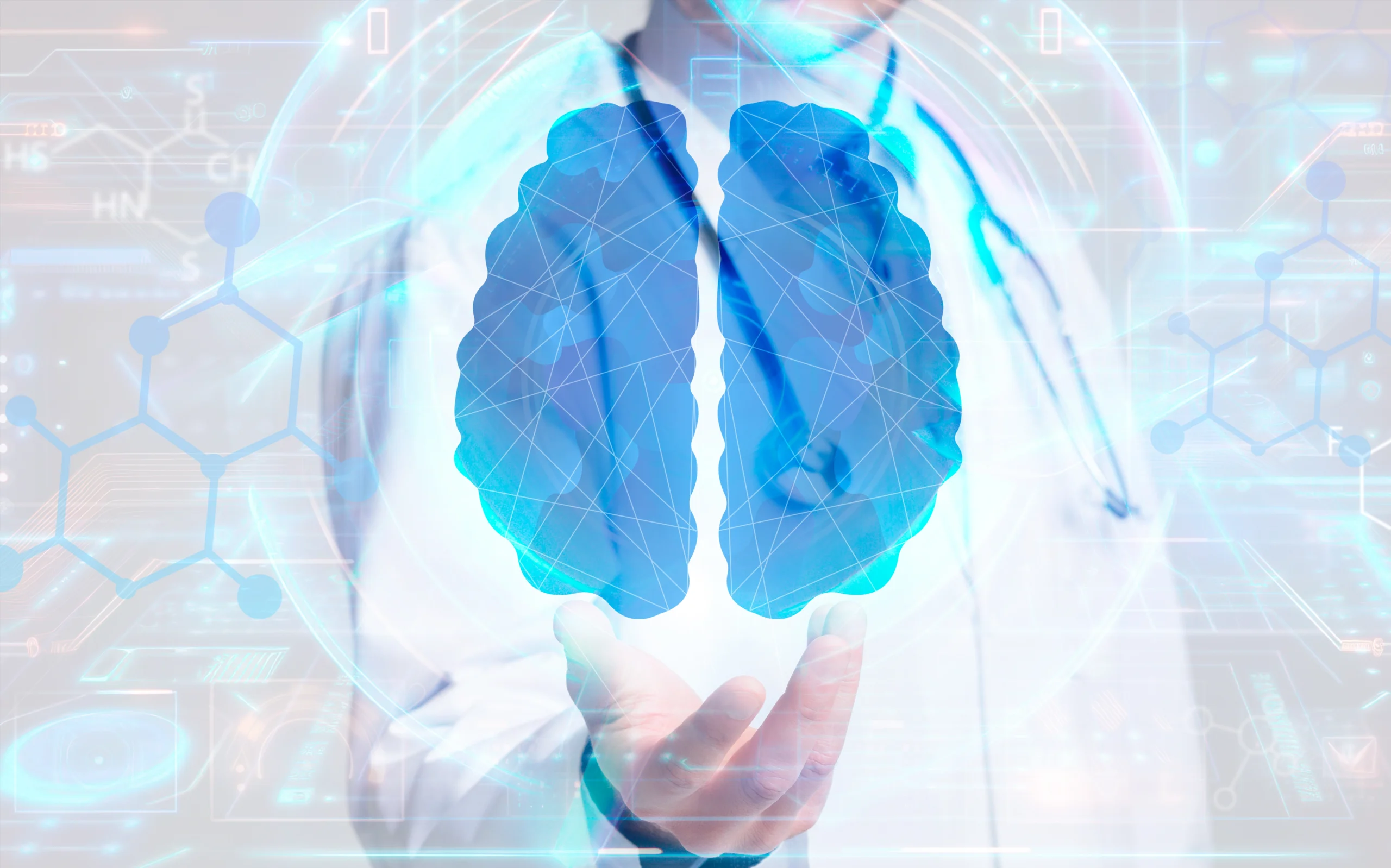
My grandmother used to tell stories about waiting three hours at the doctor’s office just to get a prescription refill. She’d pack snacks like she was going on a road trip. Fast forward to last week, and I watched my nephew have a video call with his pediatrician while eating breakfast in his Spider-Man pajamas. The doctor diagnosed his ear infection, sent the prescription to the pharmacy, and the whole thing took maybe fifteen minutes. That’s digital health innovation in action, folks.
We’re living through something pretty wild right now. Healthcare is finally catching up with the rest of our digital lives. You can order groceries, watch movies, and video chat with someone across the globe – so why shouldn’t you be able to manage your digital health the same way? Turns out, you can. And it’s changing everything.
So What’s This Digital Health Thing Really About
Look, I’ll skip the boring corporate definition. Digital health innovation is just using tech to make healthcare suck less. That’s it. We’re talking about apps, gadgets, software, and systems that help you stay healthy, get better when you’re sick, and deal with doctors without losing your mind.
It’s not some futuristic fantasy anymore. My dad tracks his blood pressure with a watch. My sister manages her diabetes with an app that talks to a tiny sensor under her skin. My neighbor sees a therapist online because driving to appointments was too much with her anxiety. This stuff is already here, and it’s already working. What makes it different from old-school healthcare? You’re in the driver’s seat now. You’ve got access to your own digital health data. You can catch problems before they get serious. And you don’t have to rearrange your entire life every time you need medical care.
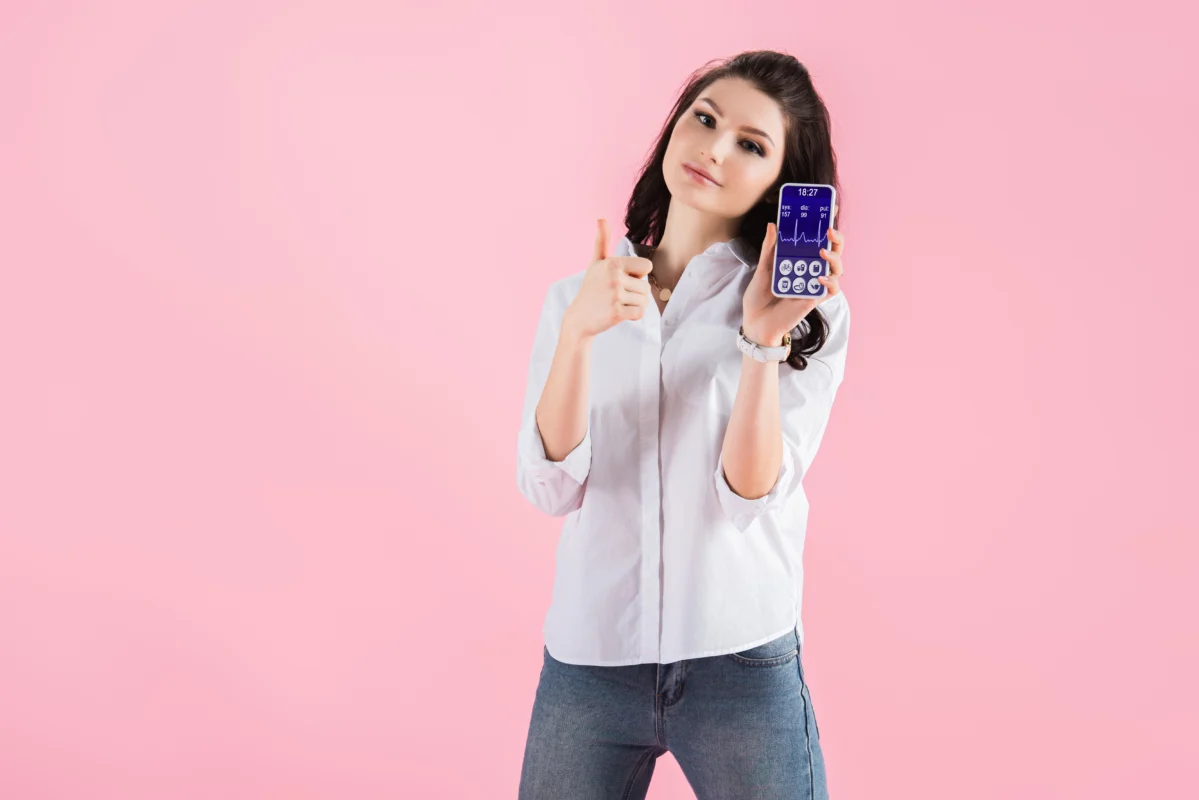
Why The Old System Was Kind Of A Disaster
Can we just be honest for a second? Healthcare has been a mess for a really long time. I’ve watched my mom try to get medical records transferred between doctors, and it was like watching someone try to fax something in 2025. Painful and pointless.
Everything was backwards. You’d only see a doctor after you got sick, which is like only taking your car to the mechanic after the engine dies. By then, whatever’s wrong has usually gotten way worse and way more expensive to fix. The paperwork alone could kill you. Doctors spent half their time filling out forms instead of actually helping people. My cousin’s a nurse, and she says she spends more time clicking buttons in the computer system than talking to patients. That’s insane.
And don’t even get me started on the costs. A single hospital stay could bankrupt you. Tests got repeated because nobody could find your records. People skipped checkups because they couldn’t afford them, then ended up in the emergency room with preventable problems that cost ten times more to treat.
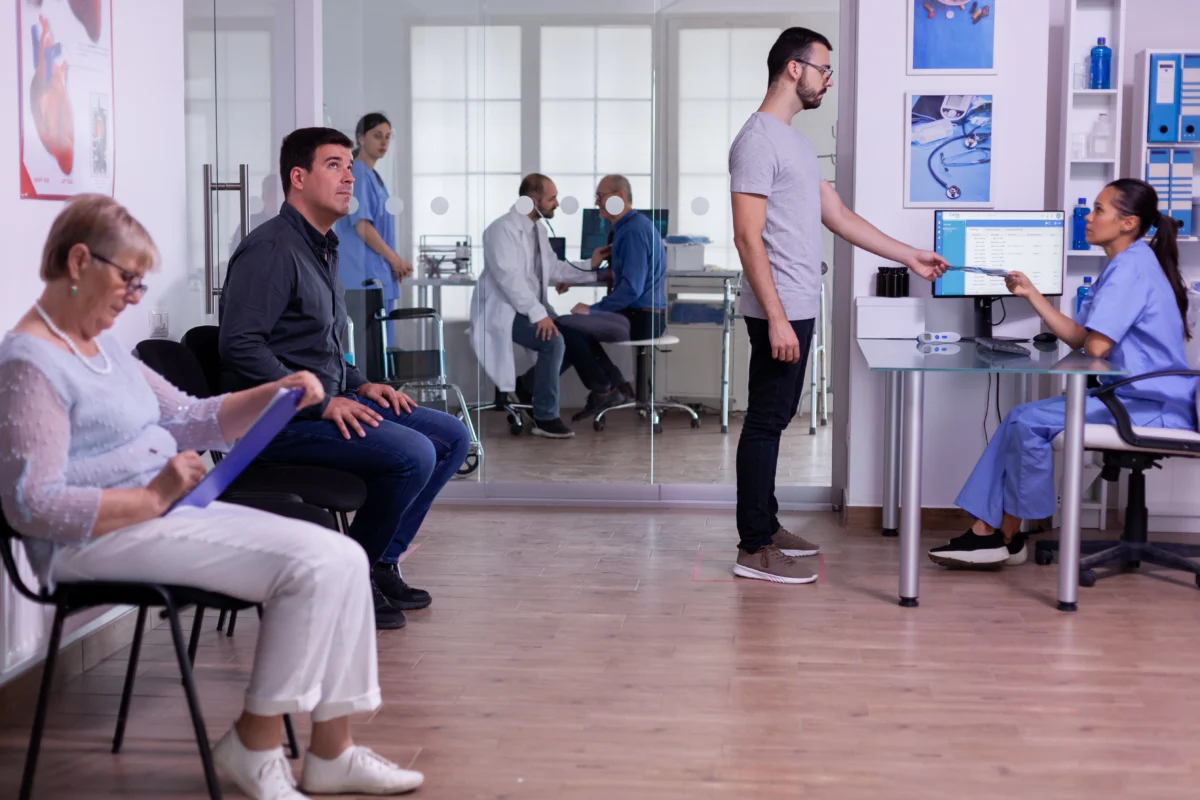
Telemedicine Just Makes So Much Sense
I had a nasty cold last winter. Before telemedicine, I would’ve had to drag myself to the doctor’s office, sit there feeling miserable while surrounded by other sick people, and probably catch something worse. Instead, I had a video call from my couch. Got diagnosed, got meds prescribed, picked them up an hour later. Game changer.
My aunt lives in rural Montana, about an hour from the nearest specialist. She’s got a heart condition that needs regular monitoring. Used to be, she’d spend half a day driving to appointments. Now she sees her cardiologist online every month, and only goes in person when absolutely necessary. That’s hours of her life back, plus a ton of gas money saved.
The mental health side is huge too. A friend of mine struggled with depression for years but felt weird about going to therapy. Something about walking into a therapist’s office freaked him out. But video sessions from home? That worked. He’s been seeing someone for over a year now, and he’s doing so much better. The barrier was just too high before, and telemedicine knocked it down.
Doctors can keep tabs on you remotely now too. My uncle had heart surgery last year, and he wore this monitor that sent data to his doctor’s office automatically. When something looked off, they called him right away and adjusted his meds. Nobody had to wait for the next appointment to catch the problem.
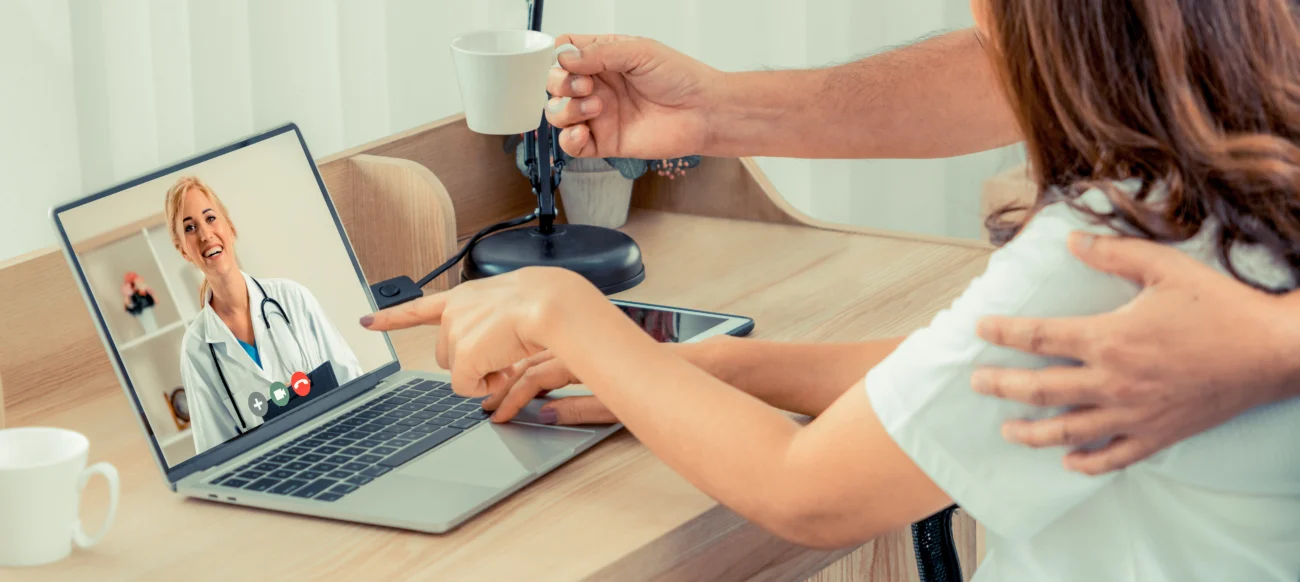
AI Is Actually Pretty Damn Useful In Healthcare
Yeah, I know – AI sounds scary. But hold on. We’re not talking about robot doctors replacing humans. We’re talking about giving doctors better tools so they can do their jobs even better.
Here’s a real example: A radiologist looks at hundreds of scans every day. They’re human, so sometimes they might miss something tiny. AI never gets tired, never has an off day, and can spot patterns across millions of images. It’s like having a second pair of eyes that never blinks. Doctors still make the final call, but they’ve got backup now. Drug development used to take forever and cost ridiculous amounts of money. AI speeds things up by running simulations and predictions that would take humans decades. We’re getting new treatments faster because of it.
There’s this cool thing where AI can look at all your health data and basically predict what might go wrong before it happens. High risk for diabetes? The system flags you early so you can make changes before you actually get sick. It’s like having a really smart friend who’s really good at spotting trouble before it starts.
My smartwatch bugs me if I sit too long. Sounds annoying, but honestly? I move way more now. I hit the gym because I want to close those activity rings. It’s stupid how well the gamification works on me, but hey, I’m healthier for it.
These things have gotten seriously sophisticated. They’re not just counting steps anymore. My watch can do an ECG. My friend’s watch detected her irregular heartbeat and basically told her to go see a doctor. She had atrial fibrillation and didn’t even know it. That watch might’ve saved her from a stroke. For people with chronic conditions, wearables are legitimately life-changing. My coworker has Type 1 diabetes, and his continuous glucose monitor means he doesn’t have to prick his finger constantly. It tracks his blood sugar 24/7 and sends alerts to his phone if it goes too high or too low. He can actually sleep through the night without worrying now.
The sleep tracking thing is wild too. I always thought I slept fine, but the data showed I was waking up way more than I realized. Turned out I had mild sleep apnea. Got it treated, and now I actually feel rested in the morning. Would’ve never known without the tracker.
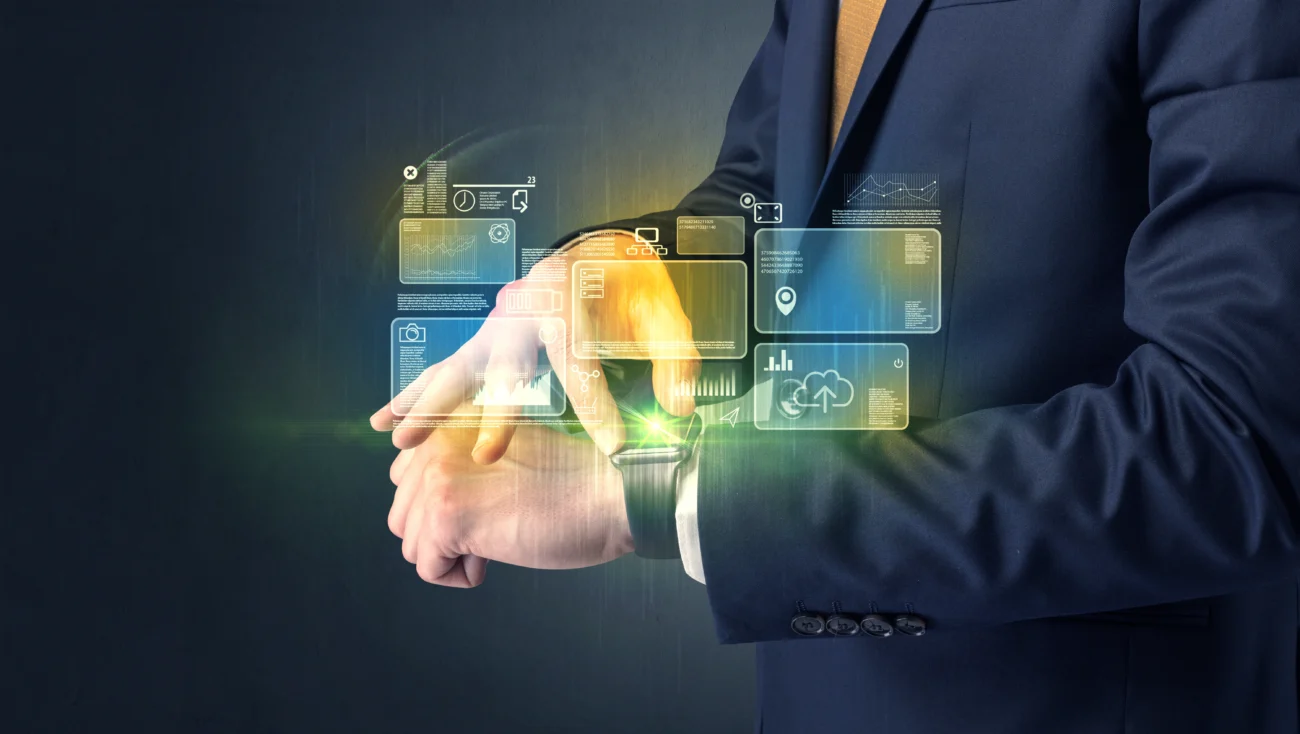
Electronic Health Records Are Finally Getting Better
Okay, EHRs had a rough start. Early versions were terrible. Doctors hated them. They made everything slower and more complicated. But they’re finally starting to work like they’re supposed to.
I switched doctors last year, and she had my complete medical history within minutes. No forms to fill out. No trying to remember what medications I’m allergic to. Everything was right there. That never would’ve happened ten years ago.
The patient portal thing is actually useful now too. I can see my lab results as soon as they’re ready instead of waiting for someone to call me. I can message my doctor’s office with questions and get answers without playing phone tag. I can request prescription refills at midnight if I want to. It’s healthcare on my schedule for once.
The coordination between different doctors is better too. When I needed to see a specialist, she could see exactly what my primary care doctor had already tried. No duplicate tests. No conflicting medications. Everybody was on the same page from day one.
Health Apps Are Everywhere And Some Are Actually Good
Your phone probably has more computing power than hospitals had twenty years ago. Might as well use it for something important, right?There are apps for everything now. Medication reminders are super helpful – I used to forget my allergy medicine all the time until an app started nagging me about it. Sounds basic, but for people on multiple medications, especially older folks, these apps prevent serious problems.
Mental health apps are getting really good. There’s one I use for meditation and anxiety that’s genuinely helped me. It’s not therapy, but it’s something I can do anytime I need it. And there are therapy apps now too, with actual licensed therapists available through your phone. Symptom checkers are hit or miss, but the good ones help you figure out if something needs immediate attention or can wait. They’re not trying to replace doctors – they’re just helping you make better decisions about when to actually see one. My wife used a pregnancy app that was incredibly detailed and helpful. It tracked everything, connected her with other expecting moms, and gave her information that would’ve required multiple doctor visits before. Her doctor could even see some of the data she was tracking.
This blows my mind every time I think about it. Your DNA affects how medications work for you. Some people need higher doses. Some people get bad side effects from stuff that’s fine for everyone else. We can actually test for this now. A friend of mine struggled with depression for years. They tried medication after medication, and nothing worked right. Finally, her doctor did a genetic test that showed which antidepressants would work best for her specifically. First try after that, and she found one that actually helped without terrible side effects. Years of suffering could’ve been avoided if they’d done that test first. Cancer treatment has completely changed because of personalized medicine. Instead of blasting everyone with the same chemotherapy, doctors can now analyze the specific mutations in your tumor and target those exactly. Success rates are way better, and side effects are often less severe.
You can get genetic screening now to see what health risks you’re carrying around. It’s kind of scary to know, but also incredibly useful. If you know you’re at high risk for heart disease, you can do something about it before you actually have a heart attack. Prevention beats treatment every single time.
Yeah There Are Some Real Problems We Need To Fix
Nothing’s perfect, and digital health has some serious issues we need to talk about. Privacy is a big one. Your health information is super sensitive, and data breaches happen. Healthcare systems are constantly getting hacked because that data is valuable. We need way better security, and we need it yesterday. Not everyone has a smartphone or good internet. My grandpa barely knows how to use email. If everything moves online, what happens to people like him? We can’t leave behind elderly folks or people who can’t afford the latest tech. That would make inequality even worse. The rules and regulations are way behind the technology. Who’s responsible if a health app gives bad advice? How do you regulate AI that’s constantly learning and changing? These are complicated questions, and we’re still figuring out the answers. Different systems still don’t always talk to each other properly. Your fitness tracker, your pharmacy, your insurance company, and your doctor all have pieces of your health data, but getting them to share nicely is still a headache. We need better standards so everything connects smoothly. Doctors and nurses need better training on all this new stuff. Some are super tech-savvy, but others are struggling to keep up. The technology should make their jobs easier, not harder. We’re not quite there yet across the board.
What’s Coming Next Is Pretty Incredible
Virtual reality is being used for everything from training surgeons to helping burn victims manage pain. Imagine practicing a complicated surgery in VR before you do it on a real person. Or using VR to distract your brain from pain so effectively that you need less medication.
Nanomedicine sounds fake but it’s not. Tiny robots and sensors that can travel through your bloodstream, delivering drugs exactly where they’re needed or detecting problems at the cellular level. We’re talking about cancer treatments that target only tumor cells and leave healthy tissue alone.3D printing organs might actually happen in our lifetimes. Instead of waiting years for a donor kidney, imagine growing one from your own cells. The research is moving fast, and while we’re not there yet, it’s getting close.
Brain-computer interfaces are helping paralyzed people control prosthetic limbs with their thoughts. That’s not future tech – it’s happening now. The implications for people with disabilities are absolutely massive.
Here’s The Thing About All This
Digital health innovation isn’t just making healthcare a bit more convenient. It’s fundamentally changing the whole system from the ground up. We’re shifting from “wait until something breaks and then fix it” to “monitor everything and prevent problems.” From “doctor knows best and you just follow orders” to “you and your doctor work together as partners.” From “healthcare happens in hospitals and doctor’s offices” to “healthcare happens everywhere, whenever you need it.”
The technology isn’t replacing human doctors and nurses. It’s making them more effective and giving them better tools. It’s taking away the boring, repetitive stuff so they can focus on actually helping people. And it’s giving us regular folks way more control over our own health and wellness. Sure, there are challenges. Privacy concerns are real. Not everyone has equal access. The regulations need work. But the momentum is unstoppable because the benefits are too good to ignore. People are living longer, healthier lives because of these innovations. Costs are coming down. Care is getting better.
What gets me excited isn’t really the fancy technology itself. It’s what it means for real people. My dad managing his heart condition better. My friend finally getting mental health help. My nephew getting care without the trauma of a doctor’s office visit. That’s what matters. Healthcare used to be something that happened to you. Now it’s something you actively participate in. You’ve got data, tools, and information that previous generations never had access to. You can make informed decisions, catch problems early, and take charge of your wellbeing. The future of healthcare is being built right now, and honestly, it looks a whole lot better than the past.
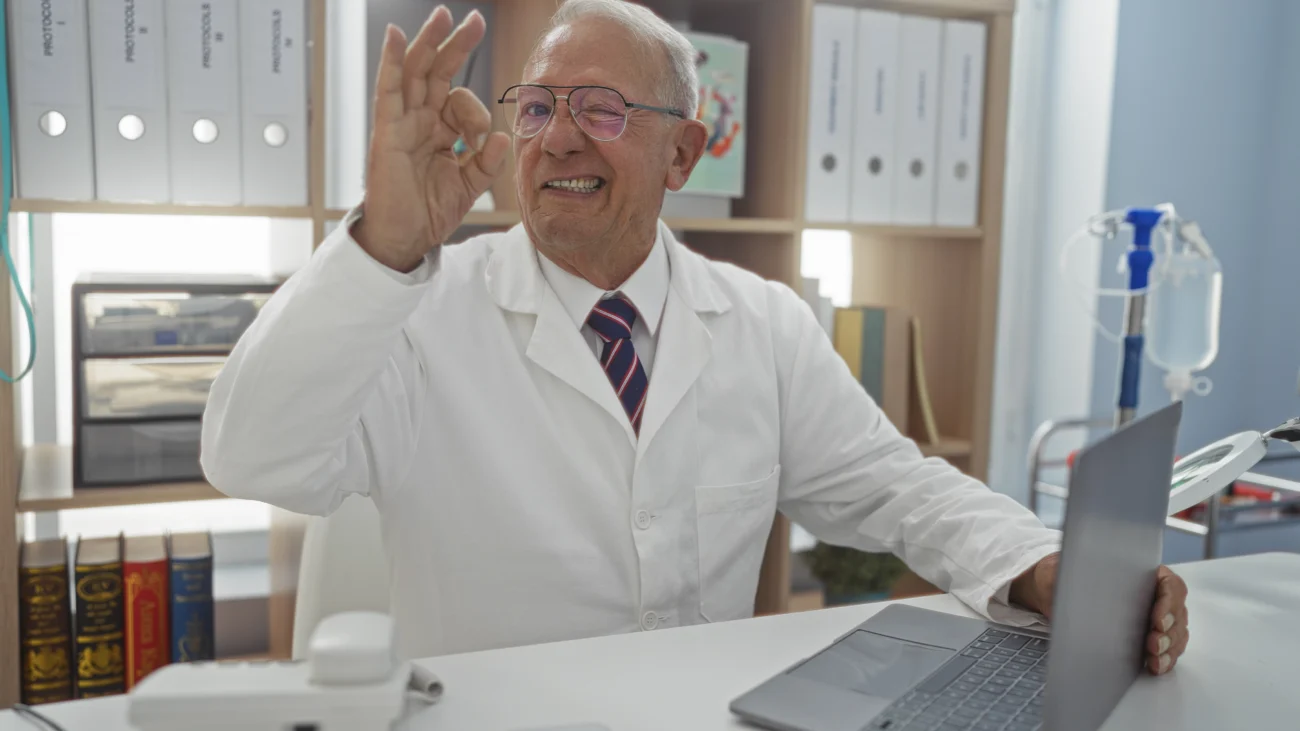
References
This article draws on current trends and established knowledge in digital health. For more information, check out these trusted sources:
Health Organizations: World Health Organization (WHO), American Medical Association (AMA), Healthcare Information and Management Systems Society (HIMSS)
Research Journals: Journal of Medical Internet Research, Nature Digital Medicine, New England Journal of Medicine
Government Resources: FDA Digital Health Center, Centers for Medicare & Medicaid Services, National Institutes of Health
Industry Insights: Rock Health reports, CB Insights healthcare data, Deloitte Health Solutions
Patient Tools: HealthIT.gov, American Telemedicine Association
Always consult your healthcare provider about which digital health tools are right for you.
